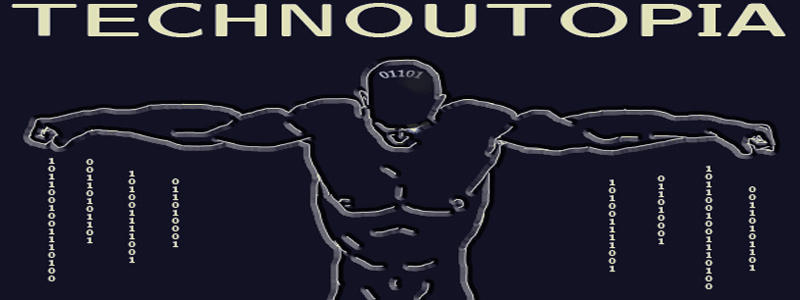"I can remember believing, as a child, that if a few rich people had all the money, it left less for everyone else. Many people seem to continue to believe something like this well into adulthood. This fallacy is usually there in the background when you hear someone talking about how x percent of the population have y percent of the wealth. If you plan to start a startup, then whether you realize it or not, you're planning to disprove the Pie Fallacy.
What leads people astray here is the abstraction of money. Money is not wealth. It's just something we use to move wealth around. So although there may be, in certain specific moments (like your family, this month) a fixed amount of money available to trade with other people for things you want, there is not a fixed amount of wealth in the world. You can make more wealth. Wealth has been getting created and destroyed (but on balance, created) for all of human history.
Suppose you own a beat-up old car. Instead of sitting on your butt next summer, you could spend the time restoring your car to pristine condition. In doing so you create wealth. The world is-- and you specifically are-- one pristine old car the richer. And not just in some metaphorical way. If you sell your car, you'll get more for it.
In restoring your old car you have made yourself richer. You haven't made anyone else poorer. So there is obviously not a fixed pie. And in fact, when you look at it this way, you wonder why anyone would think there was."
Nice article on how involvement in a start-up enterprise can make you rich.


No comments:
Post a Comment